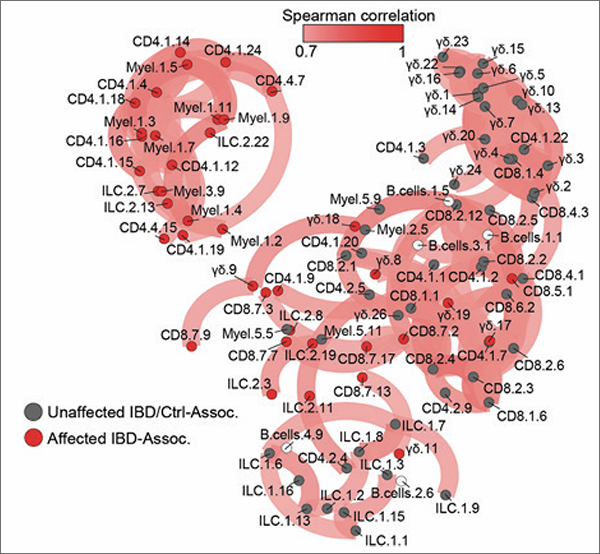"Dysfunctional resolution of intestinal inflammation and altered mucosal healing are essential features in the pathogenesis of IBD," Dr. Gianluca Matteoli of KU Leuven and Dr. Seung Hyeok Seok of Seoul National University Medical College told Reuters Health in a joint email. "We describe a subset of EP4-expressing intestinal macrophages with mucosal healing properties both in humans and mice."
As reported in Gut, the researchers conducted a series of experiments in mice and with colonic samples from IBD patients. Those samples showed that cells able to respond to prostaglandin E2 (PGE2) played a key role in the mucosal healing process. Patients with acute disease had lower levels of PGE2, but levels climbed when the patients went into remission.
They investigated further in a mouse model of ulcerative colitis, and found, similar to humans, that levels of macrophages sensitive to prostaglandin were lower than in healthy mice. But if liposomes were used to boost PGE2 levels, even the few sensitive macrophages responded, releasing a substance that stimulated tissue regeneration. That substance turned out to be chemokine (C-X-C motif) ligand 1 (CXCL1), which they found drives epithelial cell differentiation and proliferation from regenerating crypts after an acute IBD episode.
"Thus," Drs. Matteoli and Seok said, "EP4+ intestinal macrophages are essential for the support of the intestinal stem cell niche and for the regeneration of the injured epithelium."
Further investigations revealed, more specifically, the following key points, they said:
- EP4 is expressed on mature intestinal macrophages and co-localized with (macrophage mannose receptor) CD206 during intestinal homeostasis; EP4 is decreased in inflamed mucosa in mice and humans.
- Monocyte-derived EP4+ macrophages contribute to the resolution of DSS-induced colitis.
- During DSS colitis, lower levels of these macrophages impair both the restoration of the intestinal crypt and epithelial cell proliferation.
- The wound healing phenotype of macrophages depends on EP4 expression.
- CXCL1 derived from EP4+ macrophages induces epithelial cell proliferation and budding in gut organoids.
- CXCL1 is produced in macrophages through the PGE2/EP4/MAPKs signaling pathway.
- Activation of therapeutic macrophage-MAPKs via liposomes rescues intestinal regeneration in EP4 conditional knock-out mice.
Dr. Seok noted, "Our liposomes are considered to have a minimal toxicity, as they are essentially composed of phospholipids. Therapeutic macrophage-MAPKs activation to CXCL1 via size-controlled liposomes might rescue intestinal epithelial barrier regeneration in patients with IBD."
Dr. Bryan Curtin, Director of Neurogastroenterology and Motility at Mercy Medical Center in Baltimore called the study "quite promising." He told Reuters Health by email, "Most of our current therapies for IBD involve the treatment of an overactive immune response that damages tissue. However, the authors have identified a way to stimulate a specific part of the immune system that aids in mucosal healing, which would present an entirely new mechanism to treat IBD and speed recovery."
"It's a long road from the laboratory to a patient in the clinical setting," he said, "and it remains to be seen how a drug using this mechanism would interact with current therapies, but world-changing breakthroughs start with studies just like this, and I am excited to see the future possibilities of this work."
SOURCE: https://bit.ly/3pBmKWQ Gut, online February 7, 2021
By Marilynn Larkin
Posted on
Previous Article
« Adjuvant nivolumab prolongs disease-free survival in high-risk urothelial carcinoma Next Article
Chronic kidney disease patients need close monitoring during Ramadan fast »
« Adjuvant nivolumab prolongs disease-free survival in high-risk urothelial carcinoma Next Article
Chronic kidney disease patients need close monitoring during Ramadan fast »
Related Articles

May 9, 2019
Immune cells and microbes: a happy marriage?
© 2024 Medicom Medical Publishers. All rights reserved. Terms and Conditions | Privacy Policy
HEAD OFFICE
Laarderhoogtweg 25
1101 EB Amsterdam
The Netherlands
T: +31 85 4012 560
E: publishers@medicom-publishers.com

